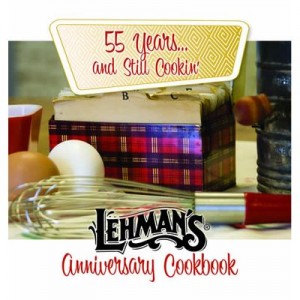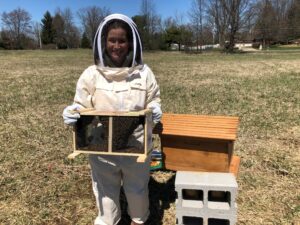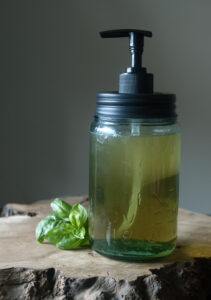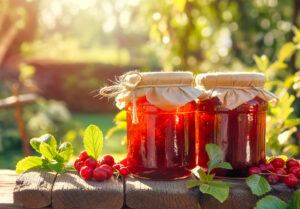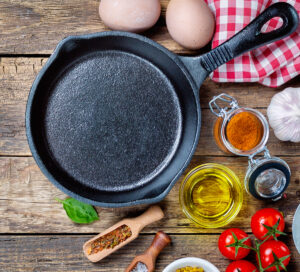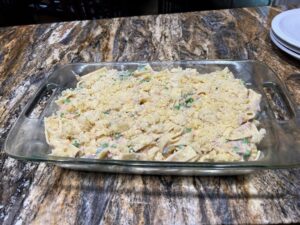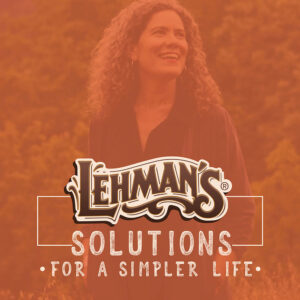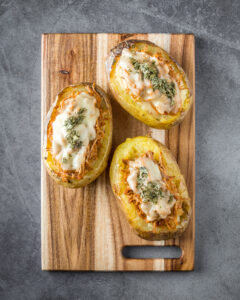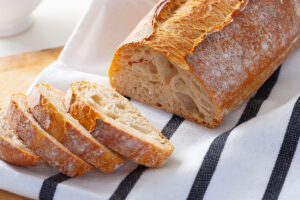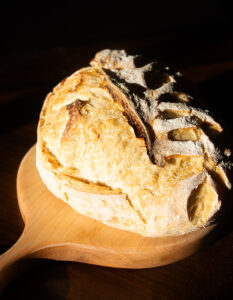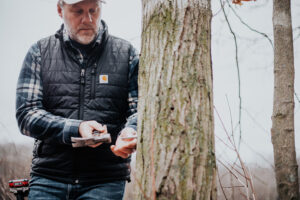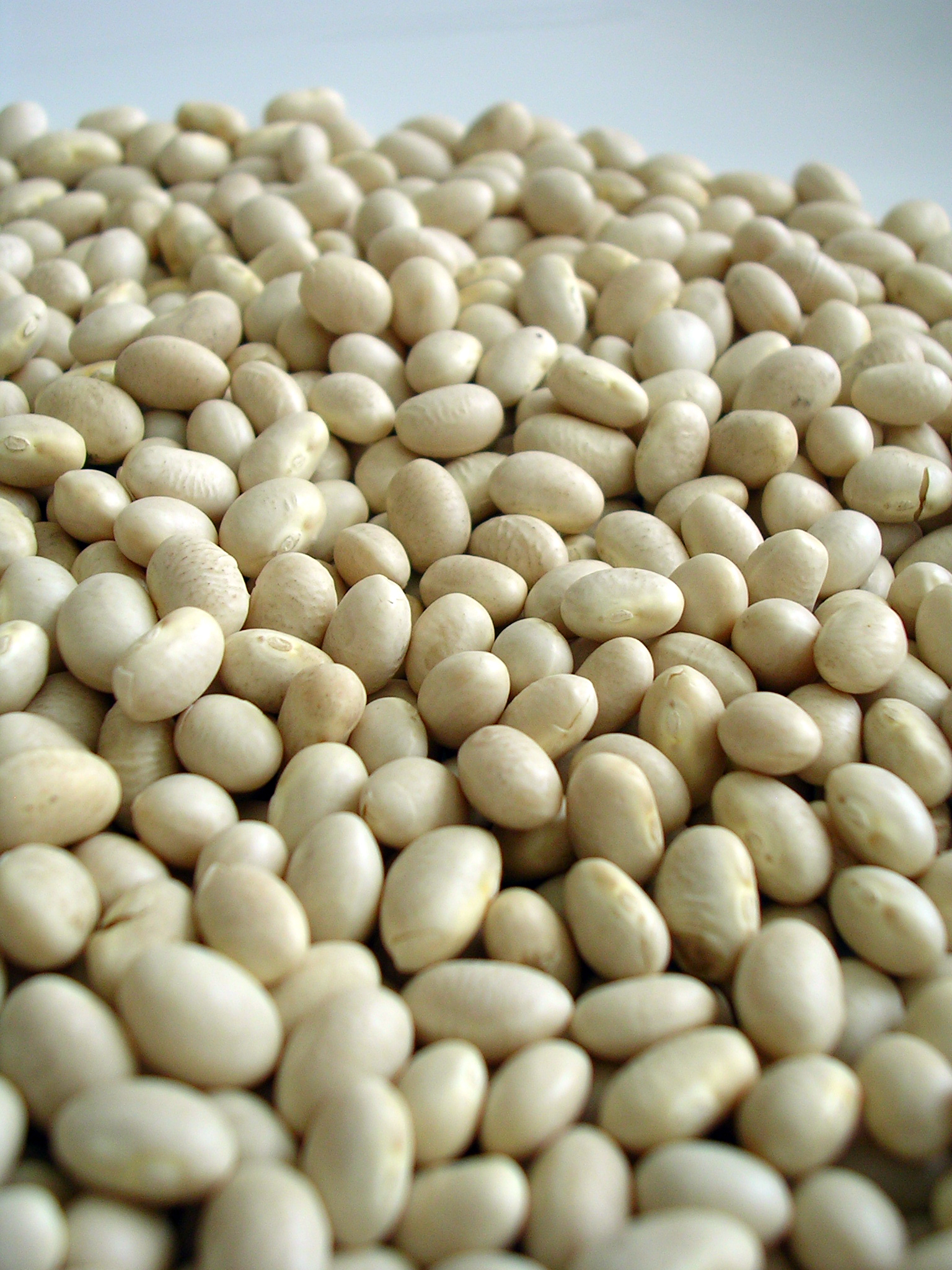 My 85-year-old grandmother was a young girl during the Great Depression, and her family, like many others, went through some extremely hard times. Her father, an aspiring truck farmer, lost everything, and several of her six siblings were literally “farmed out” until her parents got back on their feet and could afford to feed them again. Her only brother went to stay with a farm family at the tender age of eight, to work for his room and board. As the baby of the seven, my grandmother stayed at home. She remembers sitting on her father’s lap as he read the newspaper, perhaps scanning the help wanted ads.
My 85-year-old grandmother was a young girl during the Great Depression, and her family, like many others, went through some extremely hard times. Her father, an aspiring truck farmer, lost everything, and several of her six siblings were literally “farmed out” until her parents got back on their feet and could afford to feed them again. Her only brother went to stay with a farm family at the tender age of eight, to work for his room and board. As the baby of the seven, my grandmother stayed at home. She remembers sitting on her father’s lap as he read the newspaper, perhaps scanning the help wanted ads.
We’ve all heard the saying, “Use it up, wear it out, make it do or do without,” but I wondered if Grandma could give me some specific examples of what her family did to get through those hard times…joyfully and happily, even!
I’m blessed to live right next door to Grandma, so I recently asked her about ways I can apply some of that hard-earned wisdom to my own life, in 2015. Here’s what I learned.
Our dried yellow corn makes excellent corn meal or corn flour. Add to recipes or use as a stand alone baking ingredient.
Buy in Bulk. According to Grandma, during the Depression her mother would go to the store and buy a 25-lb bag of soup beans. Several times a week, she would send one of her children over to the neighbor’s farm to buy a quart of cream, which cost a dime. She would then make a large pot of “bean gravy” for supper, along with cornmeal mush (the cornmeal ground from their own homegrown sweet corn). Grandma must have continued the tradition with her own children, because “your dad still loves that meal,” she told me. (Now I know what to make for my father’s next birthday dinner – but the cream will cost me a lot more than a dime!)
The point is, buying in bulk makes sense on so many levels. It saves you grocery money, gas money, and — sometimes just as importantly — it saves you time. Not having to run to the grocery store once or twice a week is huge in my house, where evenings are precious and should be filled with much more important activities such as reading aloud to each other by the fire.
Here’s some great advice on 10 staples to buy in bulk.
Buying in bulk also forces you to…
Use up what you have. This seems obvious, but I know I don’t always think this way. In our modern day terms we like to call it “thinking outside the box,” “upcycling,” “repurposing,” “shabby chic” or other popular terms. During the Great Depression it was just plain necessity. Even later in her life my great-grandmother saved everything that could be reused. Long after she could afford flowerpots, she still planted her geraniums in used tin cans. Imagine what a chic Pinterest idea and photo shoot that would be today! “She didn’t even bother to take the labels off the cans,” said Grandma. “And did those things bloom!”
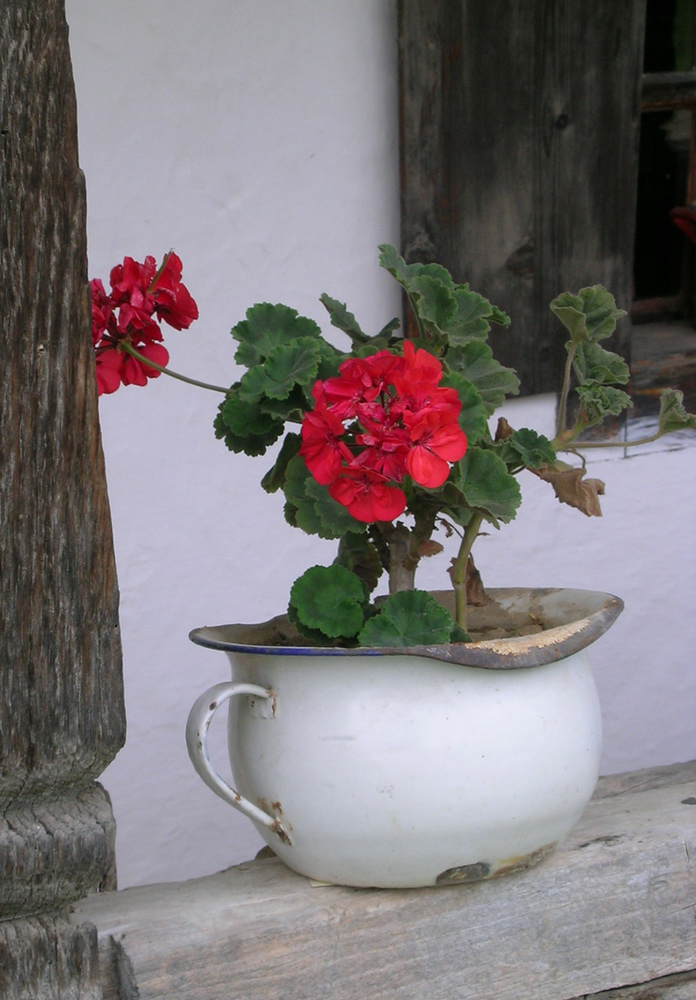
Give the gift of a life skill. When my great-grandmother was growing up, her parents gifted each of their children with some type of lessons when they turned 16. Her sister Lizzie got sewing lessons. Later, during the Depression, when Lizzie had a family of her own to support, “she could sew something out of nothing,” Grandma told me. No doubt this was a skill that came in very handy! This is an idea that translates beautifully to our time, when many parents want their children to learn self-sufficiency skills. There are so many skills our modern-day youngsters could take a shine to: growing a garden for food, “lost” kitchen skills (think canning, making yogurt or cheese, even home butchering); knitting, sewing or quilting, chopping and storing wood. Even the skill of building a good fire could someday prove a great help to them. Find what they like, then find someone who knows and can teach them.
Appreciate. A little frugality in 2015 could go a long way to reminding us how much we take for granted. Oranges are everywhere this time of year. But think just what a luxury they really are, to be shipped to us in Ohio, in the dead of winter, from so far away. Back in the Depression era, a single orange was what my grandmother and her siblings got for Christmas. What a treat it must have been after many, many meals of beans, potatoes and cornmeal mush! This month, my children have been eating oranges every day and they think nothing of it. I’m not saying we should deprive ourselves of readily available, healthy food. But thinking carefully about where it comes from changes our mindset, makes us appreciate it more and waste it a lot less.
 “People weren’t very particular in those days,” Grandma said of the Depression. (Indeed, most of them couldn’t afford to be!) “We expect so much today,” she continued, with a wry smile. “But I’ve always believed, the more you’ve got, the more trouble you’ve got!” Wise words for a modern-day mom like me.
“People weren’t very particular in those days,” Grandma said of the Depression. (Indeed, most of them couldn’t afford to be!) “We expect so much today,” she continued, with a wry smile. “But I’ve always believed, the more you’ve got, the more trouble you’ve got!” Wise words for a modern-day mom like me.



